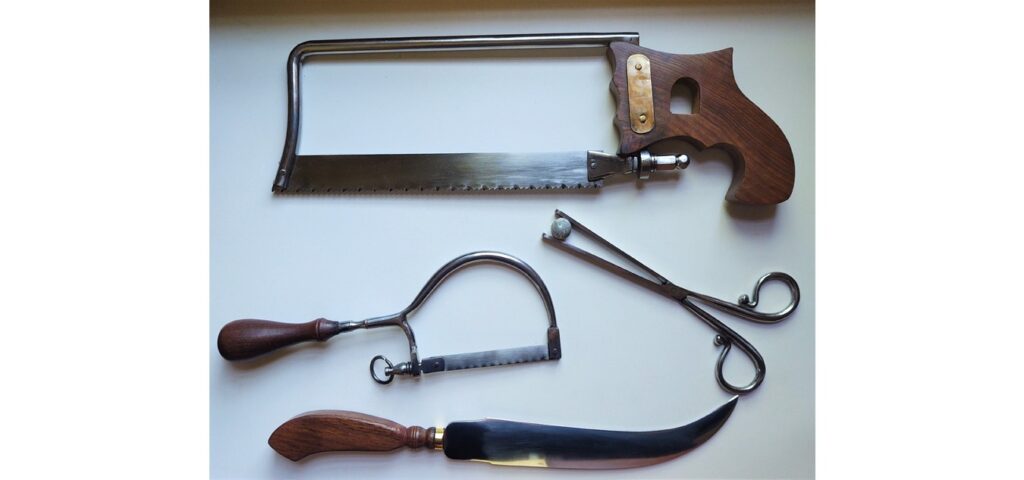

WHAT'S HAPPENING
In commemoration of the 241st Anniversary of the Battle of Camden, August 16, 1780, Historic Camden Foundation will be opening its new exhibit on medical practices and disease during colonial and Revolutionary War era Camden. Entitled Sickness and Survival this story, sponsored by BCBS, discusses South Carolinians health and effects of disease on both the diverse populations and the strategy of the war. Visit on August 14, 2021, our Second Saturday RevWar Days, for the opening of the exhibit at the Kershaw Cornwallis House. Hours are 10am to 4pm.
Excerpts from the exhibit:
Lt. Gen. Charles, Earl Cornwallis, Aug. 23, 1780 “Our sickness is great and truly alarming. The officers are particularly affected. Doctor Hayes and almost all the hospital surgeons are laid up.”
When the British occupied Camden in June 1780, they used the kitchen building at the Kershaw house as a hospital. As smallpox, malaria, fevers, and other diseases spread, British leaders converted Joseph Kershaw’s store into a large hospital. One reason Lord Cornwallis chose to fight the Battle of Camden in August was because he was unwilling to leave behind 800 sick soldiers if he retreated.
Dr. Thomas Charlton, a Camden doctor, merchant, and planter, traveled to the Waxhaws to treat wounded Americans after the battle of May 29, 1780, but on returning to Camden found that the British had seized his medical supplies. Charlton treated Americans wounded in the August 16 Battle of Camden and continued to work at the British hospital until he was accused of spying and the British burned his home.
The Continental Army took over the British hospital in May 1781. Despite General Greene’s best efforts, the hospital faced constant shortages of medicine, supplies, and staff.
Samuel Vickers, a doctor at the Camden hospital, to General Greene on Nov. 20, 1781, “The want of a Proper Diet and the necessary means of accommodation,” he said, were what patients needed. “It is easily perceivable what vast superiority these conveniences have over the boasted effects of Medicine,”
Dr. Thomas Charlton resumed his hospital duties for the Continental Army after the British left Camden, but in summer 1781 fellow doctor Robert Johnston had Charlton arrested on charges of “neglect of Duty, Desertion, & taking an active part with the Enemy.” Charlton appealed to General Greene, explaining that the accusations were false, though he had given smallpox inoculations to British soldiers at the request of a Loyalist officer, a prewar friend. Charlton was never tried and returned to Camden to rebuild his home and business.
Major General Nathanael Greene, Nov. 14, 1781 “Our hospitals have been in the greatest distress … and if they fail us our situation will be truly deplorable. … if you could but behold the unfortunate sufferers who have bled in their Country’s cause suffering for want of hospital stores it would melt your heart with pity.”
On display at the Kershaw Cornwallis House: Surgical instruments, Amputation Saw, Ball Forceps, Metacarpal
Saw, Amputation Knife






